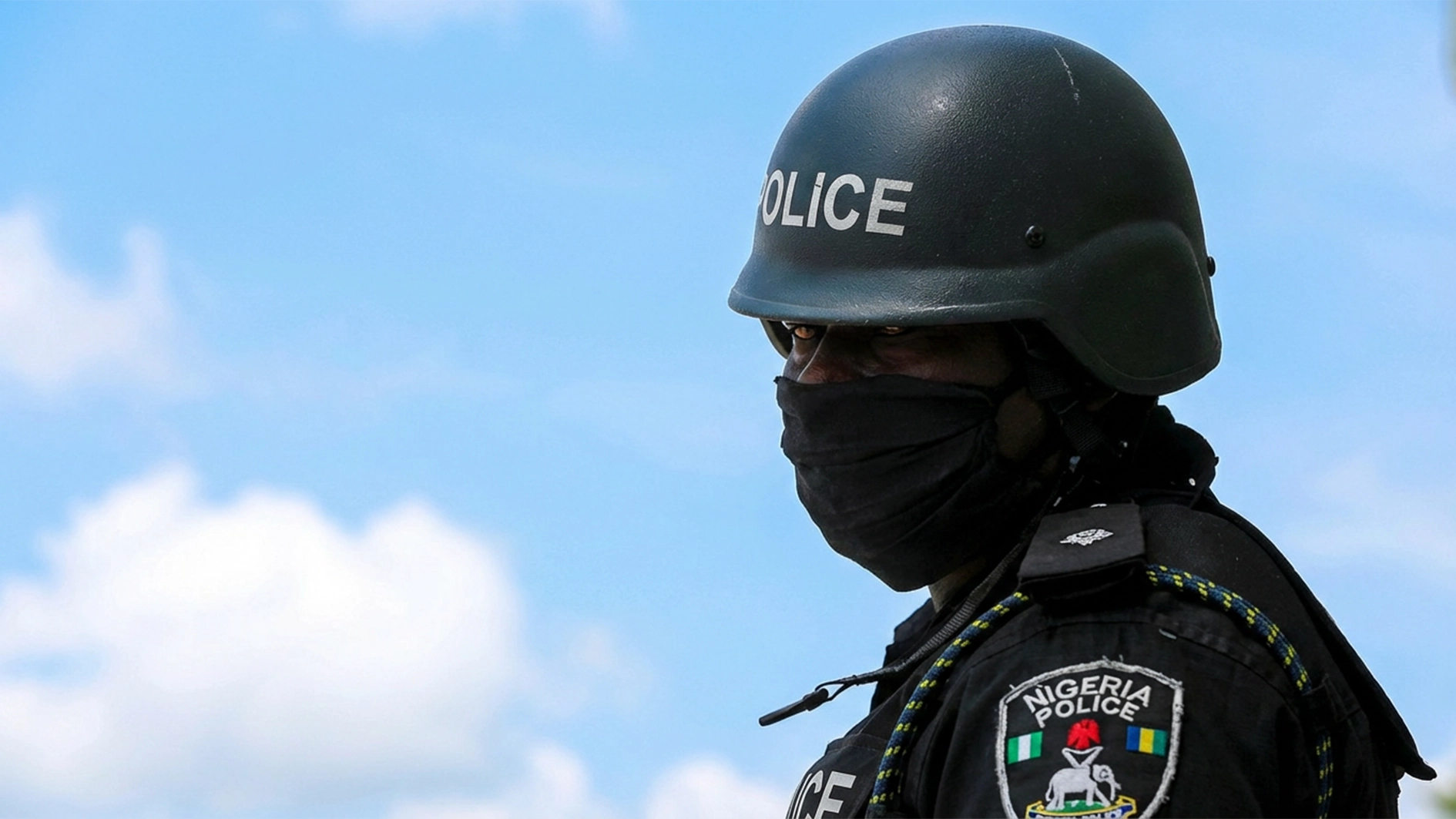• Targets oil theft syndicates with proposed terrorism charges
• Advances bill for use of locally-made vehicles by MDAs
• Urges Tinubu to sign forest security bill
The Senate has constituted a 20-member committee to plan a national summit aimed at addressing the country’s growing security concerns.
President of the Senate, Godswill Akpabio, declared that the National Assembly is considering far-reaching legislative measures to combat crude oil theft, including the introduction of terrorism charges against major offenders.
Senate also passed for second reading the Local Automotive Industry Patronage Bill, 2025, which seeks to mandate Ministries, Departments and Agencies (MDAs) of government to prioritise the procurement of locally manufactured vehicles.
It urged President Bola Tinubu to assent to the Nigerian Forest Security Service (Establishment) Bill, 2025, recently passed by the National Assembly and awaiting presidential assent.
Senate President Godswill Akpabio announced the formation of the committee at yesterday’s plenary, following unanimous support through a voice vote.
Senate Leader, Opeyemi Bamidele (APC, Ekiti Central), will chair the committee, while Yahaya Abdullahi (Kebbi North) will serve as vice chairman.
Also appointed are Austin Akobundu (Abia), Shehu Buba (Bauchi), Ahmed Madori (Jigawa), Emmanuel Udende (Benue), Adams Oshiomhole (Edo), Shuaib Salisu (Ogun), Isah Jibrin (Kogi) and the Clerk of the Senate, Andrew Nwoba.
The committee has been tasked with developing the summit’s framework, identifying priority issues and proposing actionable strategies to tackle insecurity. It is expected to submit its report within two weeks.
This follows a resolution passed on May 6, after a motion by Sen Ibrahim (APC, Ondo South), calling for a national dialogue on insecurity.
A key focus of the proposed summit will be the leakage of sensitive military information to terrorists and bandits.
Although a similar summit was held by the 9th National Assembly in 2021, many of its recommendations remain unimplemented, and insecurity has worsened in parts of the country.
AKPABIO made the introduction of terrorism charges for oil theft known on Tuesday, while declaring open a two-day public hearing on crude oil theft, organised by the Senate Ad hoc Committee on Incessant Crude Oil Theft, at the National Assembly complex.
He was represented by the Deputy Senate President, Barau Jibrin.
He emphasised the 10th National Assembly’s resolve to halt the nation’s economic haemorrhage caused by oil theft and pledged comprehensive legislative support to strengthen oversight and accountability within the sector.
“We are prepared to strengthen laws, enhance oversight, and ensure that agencies tasked with protecting our oil assets are held accountable,” he said. “Specifically, we will consider stiffer penalties for oil theft, including terrorism charges for major offenders.”
The Senate president said oil companies must invest in modern surveillance and pipeline security systems, while host communities must assume the role of first-line defenders, not accomplices or bystanders.
THE local automotive bill, sponsored by Sen. Ndubueze Patrick Chiwuba (Imo North) aims to promote indigenous automobile production as a key strategy for economic growth, job creation and naira stability.
Leading debate on the bill at plenary yesterday, Ndubueze lamented Nigeria’s longstanding dependence on imported vehicles, which he said continued to undermine the local manufacturing sector and weaken the national currency.
“We have failed to institutionalise the use of indigenous products and services, and have instead glorified foreign goods of no particular superior quality,” he said.
“Today, we see the naira in free fall, and with every plunge, inflation bites harder.”
He revealed that although the government had issued 54 automobile manufacturing licences, only six companies remain operational, largely due to foreign exchange challenges and infrastructural deficiencies. He noted that many licensed automakers relocated to Ghana and set up assembly plants aimed at exporting vehicles back to Nigeria.
RESOLUTION of the forest bill was adopted after the submission of two bills sponsored by the Senate Minority Leader, Abba Moro, and Sunday Karimi, strongly condemning the abduction of HRH Oba James Dada Ogunyanda, the Obalohun of Okoloke, in Yagba West Local Council of Kogi State as well as deadly attacks on communities in Benue State by suspected herdsmen.
As lawmakers called for immediate security intervention across affected regions, they noted that the bill could be revisited to accommodate the President’s proposed Forest Guard initiative, aimed at curbing rising insecurity, particularly in forested and rural areas.
Meanwhile, Chairman of the Police Service Commission (PSC), Hashimu Argungu, raised concerns over overlapping mandates among security agencies in Nigeria, describing it as a key threat to due process and the effective administration of criminal justice in the country.
Speaking in Abuja at an Executive Forum convened by the CLEEN Foundation, in partnership with the Nigeria Police Force (NPF), Argungu warned that the uncertainty surrounding the mandates of security agencies often led to role conflicts, thereby undermining justice delivery.
The event brought together personnel from security agencies, criminal justice institutions and related bodies to evaluate the implementation of key features of Nigeria’s criminal justice instruments.






